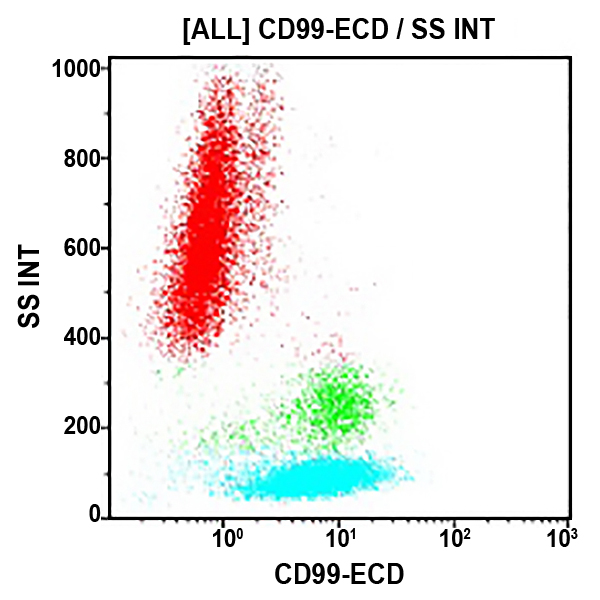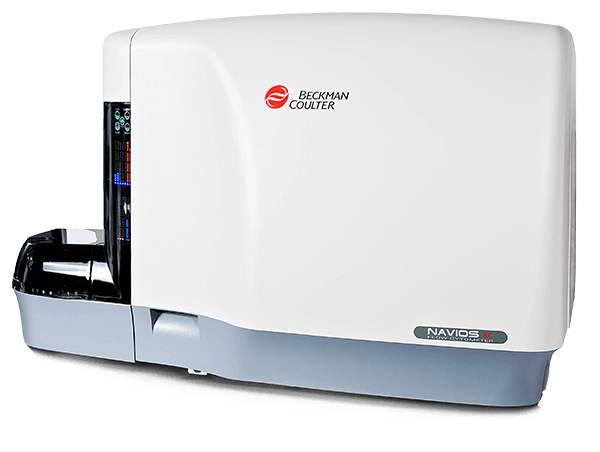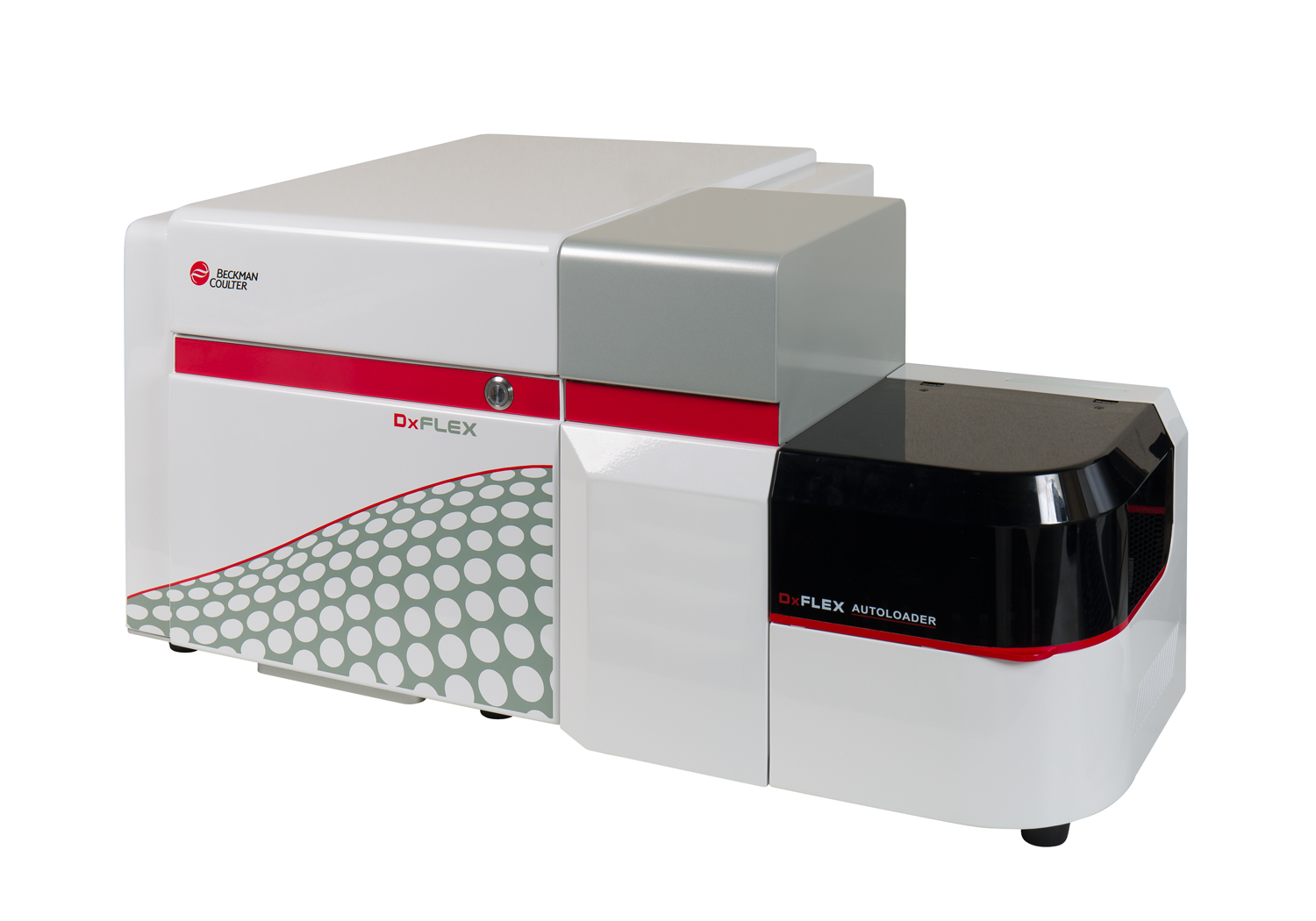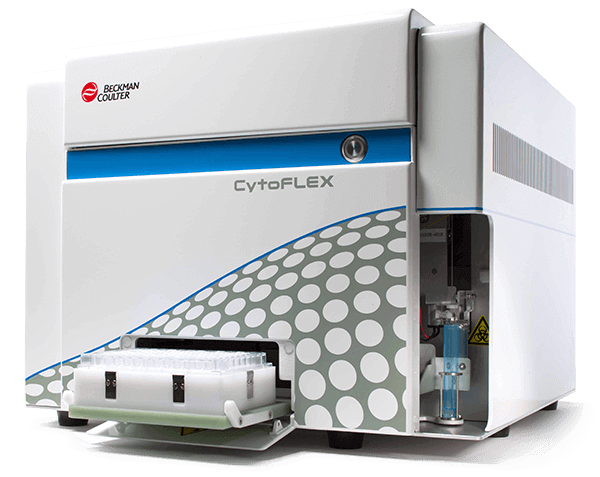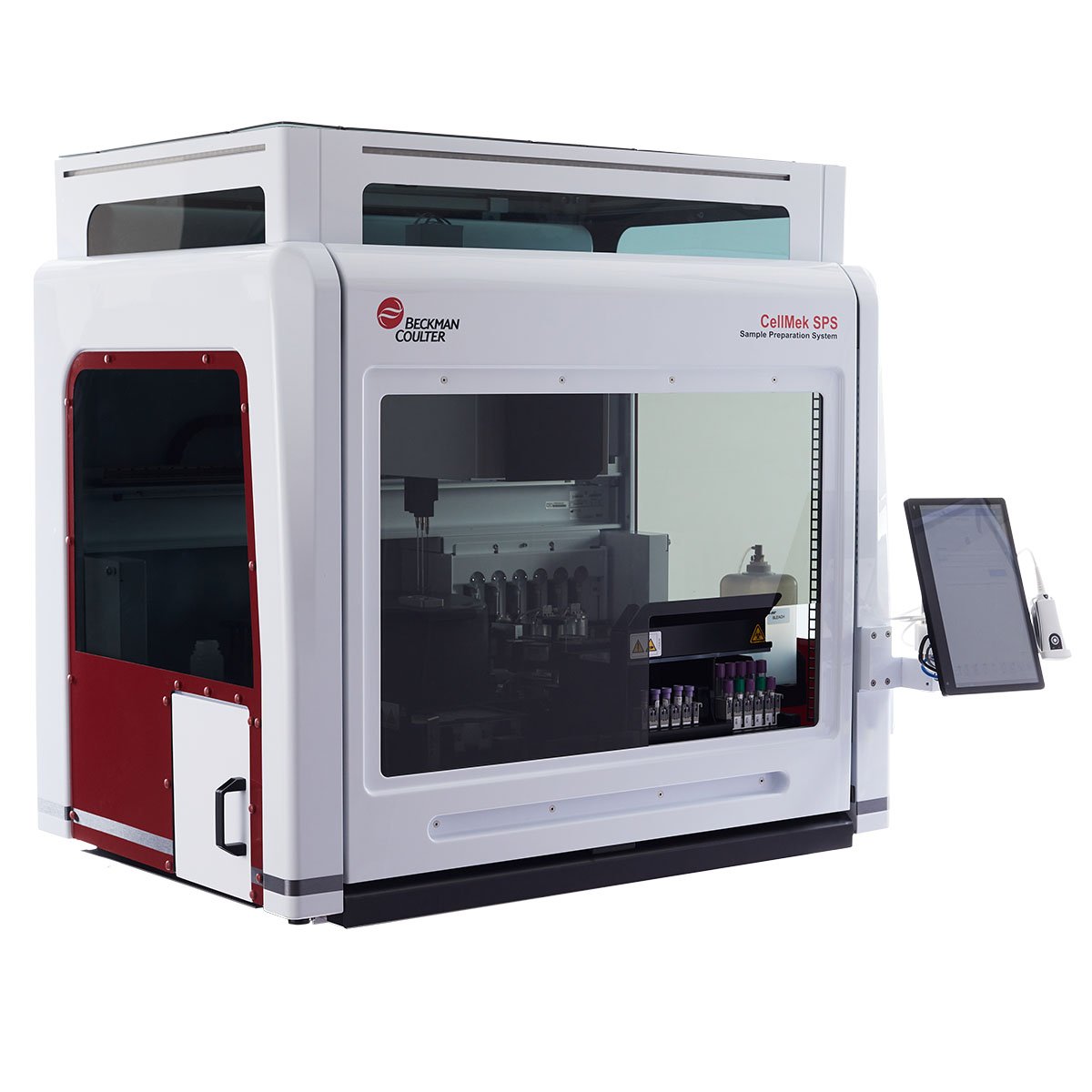CD99 Antibodies
CD99 is an heavily O-glycosylated 32-kDa type I transmembrane protein. Its expression has been reported in many cell types, such as hematopoietic cells, endothelial cells, central nervous system ependymal cells, thymocytes, granular cells of the ovary, Sertoli cells, and pancreatic islet cells. It is variably expressed on blood cells: at high density on T cells, NK cells and erythrocytes, at low density on B cells, eosinophils and platelets. Within the functions of CD99 in cells highly expressing this antigen, studies have shown cell death of thymocytes and T lymphocytes, migration through monocyte endothelial junctions by adhesion and diapedesis, cell-cell adhesion in lymphocytes. CD99 has intercellular protein phosphorylation activity, which triggers modulation of T-cell adhesion, induction of homotypic adhesion of corticothymocytes, apoptosis and rosette formation with erythrocytes.
| Clone: HCD99 | Isotype: IgG2a Mouse |

